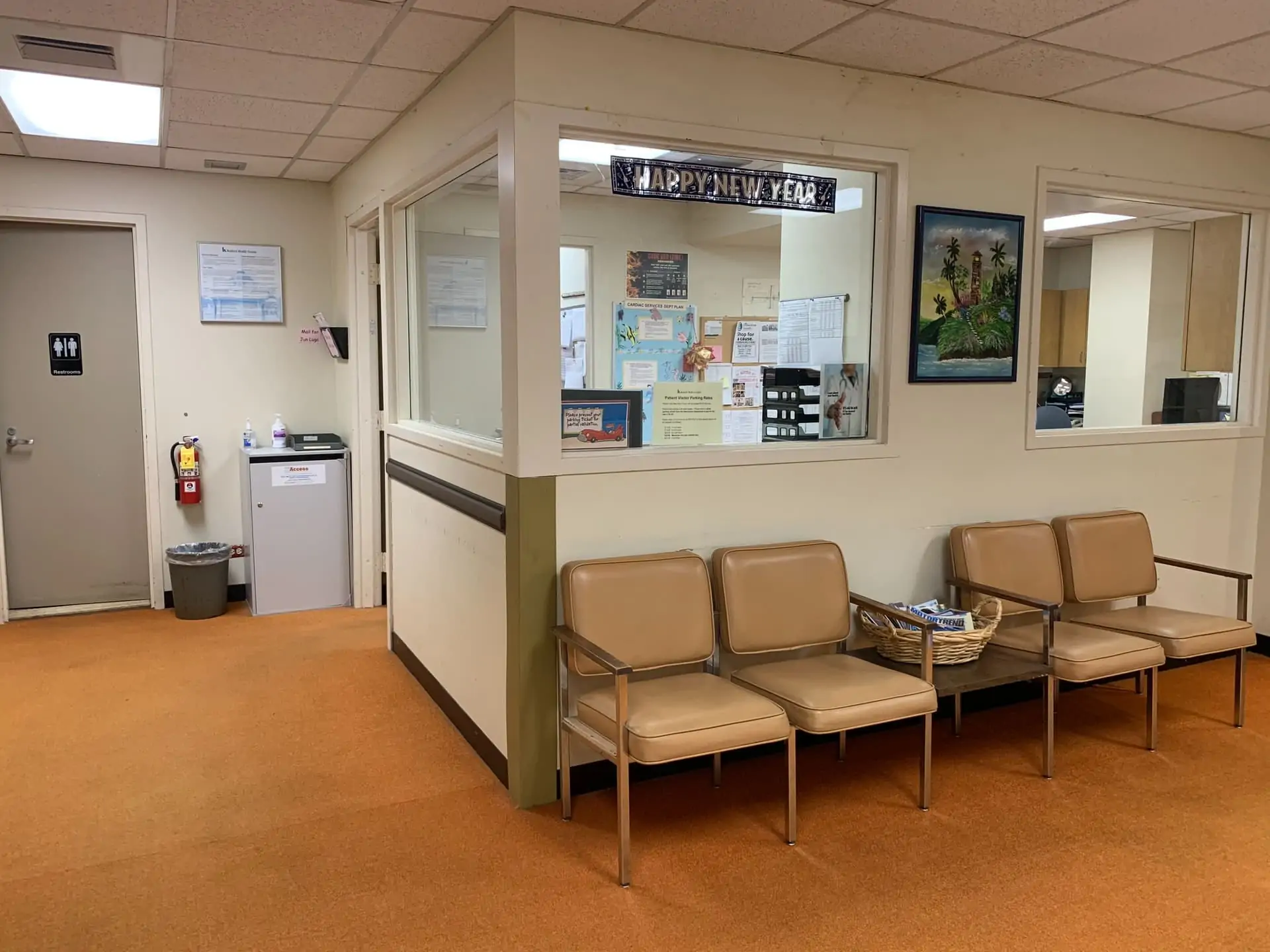
How North Carolina Is Addressing the Addiction Crisis
Addiction is an ongoing public health issue in North Carolina and around the country. For many communities, the addiction crisis is an emergency. The state is now allocating money from drug lawsuit settlements to help address the opioid epidemic by preventing both addiction and overdoses.
Legal Settlements Will Offer More Options to Combat Addiction Crisis
A recent settlement between dozens of states and drug distributors offers a large influx of cash. The lawsuit settlement yielded about 750 million dollars. The state is splitting it up and distributing it to the counties, who decide how to redistribute it over the next 18 years. Their task will be preventing people from abusing drugs as well as addressing the addiction crisis through harm reduction and drug treatment.
North Carolina will be distributing the money from the lawsuit to counties. Some of these communities already have plans for how they will use it. For example, Alliance Health, one of seven agencies that helps deliver services to consumers who live with mental health disorders or addiction, will now be funded so they can provide specialized behavioral health services in 2022.
Eliminating Financial Barriers to Treatment
North Carolina is also poised to begin to cover addiction treatment for consumers who use Medicaid. Medication-Assisted Treatment (MAT) is not usually a covered service for Medicaid providers. However, now that stigma related to MAT is being addressed, Medicaid is considering covering treatment such as Methadone or Buprenorphine. This could help combat the addiction crisis tremendously; MAT has been found to be safe and effective for people with opioid use disorder.
Many private insurance companies do not cover methadone treatment, either, in North Carolina. However, when the state follows through with changes they are making to their Medicaid program, there’s a good chance that they will follow in the same direction as Medicaid. Medicaid Transformation is part of the plan to make these life-saving programs for people who need them most.
Medication-Assisted Treatment is now considered to be a best practice when treating somebody with opioid use disorder. The FDA considers it to be the “gold standard” of opioid addiction treatment.
More Education and More Treatment Professionals
As more money is put into funding treatment centers to combat the addiction crisis, North Carolina State has also decided to start focusing on education, offering an Addictions Specialist Certificate Program. The focus of the program, ultimately, is preventing overdose deaths in a myriad of ways.
North Carolina State’s press release says that the classes cover addiction treatment, medication-assisted recovery, and the importance of nutrition during recovery. People who take these classes can later pursue an addiction treatment counselor certification.
Harm Reduction in the Community
First responders and community members also can take classes on using Narcan, the opioid-reversal drug. Many police departments and other prominent community members are face-to-face daily with the addiction crisis, and are often confronted with overdoses. Using Narcan saves lives. The state often makes grants available to communities so they can purchase this lifesaving drug and teach others to administer it.
Families of addicted family members or people who work in places like clubs or bars also can save lives with Narcan. However, not everyone is aware of how to use it or that it is available to community members. Syringe exchange programs are also available to people who inject drugs.
Getting Help for Addiction
Are you tired of being sick and tired? Do you want to change your life and break free from the pain of addiction? We can help! We offer compassionate and affordable Medication-Assisted addiction treatment to patients throughout all of North Carolina. Learn more about how we can help you reclaim your life at 910-295-7246.
If you are in need of help, please call us at: 910-295-7246 or message us.
Categories
News
